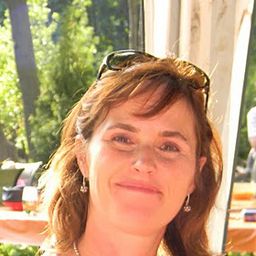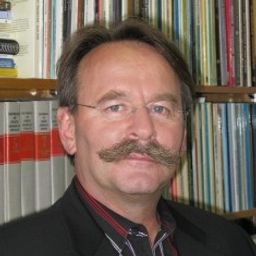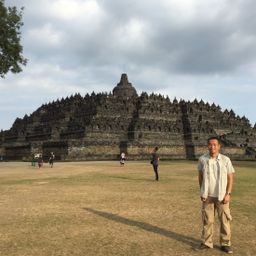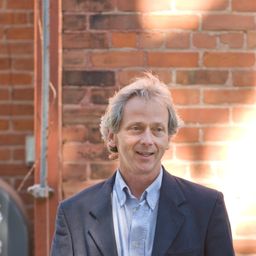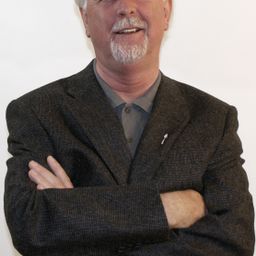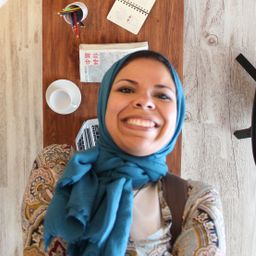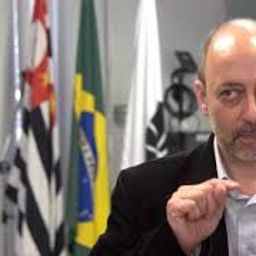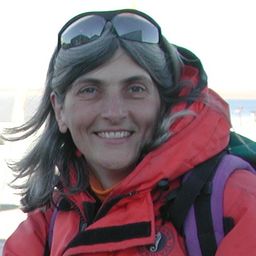Case Studies in Archaeology I
My Session Status
The second part of this session addresses potential outcomes in archaeology above and beyond the tourist sector. Archaeology can be an important and, at times, contested method used in the interpretation of past communities and identities. Furthermore, as a vehicle to encourage dialogue, archaeology can be used to address disputed notions about the past, and as a powerful means of its appropriation. The diverse and multidisciplinary nature of current archaeological practices also creates opportunities to encourage education in communities facing socio-economic challenges. Examples presented in the second part of this session explore archaeology and its role in education, community building and identity.
Sub Sessions
This paper explores how archaeology changes the relationship between stakeholders (archaeologists, local government, locals, tourists, etc.) and material remains of the past through the production of a heritage site. Recent studies on heritage focus on the ways in which cultural manifestations, both tangible and intangible, are transformed as “heritage.” In other words, heritage is seen as a process in which different stakeholders negotiate particular cultural manifestations according to t...
Depuis plus de cinquante ans, l’archéologie fait partie des préoccupations environnementales et sociales entourant le développement des milieux naturels, urbains et ruraux du Québec. Il existe aujourd’hui plus de 10 000 sites recensés au Québec, des plus anciens – environ 12 000 ans – aux plus récents – les vestiges de la Seconde Guerre mondiale. Plus de 200 permis de recherche archéologique sont délivrés annuellement par le gouvernement. La majorité des interventions se font dans un conte...
For the past seven years, the Tribal Historic Preservation Office of the Eastern Band of Cherokee Indians and I have built together a program of archaeological research using state-of-the-art scientific methods integrated with educational programs in a way that is respectful of, meaningful to, and directly beneficial to the Cherokee people. The impetus for this project comes from both the desire to build upon previous years of innovative archaeological research as well as to satisfy reques...
As a small Caribbean island-nation with a developing economy, Barbuda has struggled in accessing, documenting, and maintaining archaeological sites, artifacts, and records. It houses important sites for pre-historic human occupation of the Eastern Caribbean Islands and hosts a unique colonial history of enslaved peoples in the Americas. In order for Barbuda to strengthen and maintain its cultural identity and prepare for a sustainable resilient future (with the spectre of climate change), ...
Archaeology has many faces. It is often recognized as a tool for economic development even though it may sometimes be accompanied by tales of neglect and destruction. At other times, it is seen as a powerful tool of social engagement. Public archaeology has even been called the conscience of the discipline. Critical archaeologists go further and may ask even more pointed questions such as Shannon Dawdy’s “Should archaeology be useful?” or “Can archaeology save the world?” Can archaeology b...
Chinese Great Archaeological Site (CGAS) is a term that refers to large, important and influentially far-reaching ancient ruins in China, the conservation of which started at the turn of the century. The reasons that Chinese Great Archaeological Site Conservation and Management (CGASCM) was established are twofold: the threats from the increasing natural disasters and the increasing speed of development, and the need to display and utilize CGASs as an important cultural resource. ...
In 1881, the clearance of accumulated mud that buried the ruins of Luxor Temple during many centuries was begun. A few years later, formal foreign commissions for the excavation and studies of the new archaeological sites in Karnak and Luxor Temples were initiated. That was the time when a great change to the nature of the village surrounding both temples occurred; British tourists started to visit the newly unearthed “legacy of Pharaohs” in large numbers. During the continued clearance an...
The Waskaganish First Nation is surrounded by a rich archaeological heritage representing occupations in various time periods. Three sites especially stand out—Nûtameshânan, (or Smokey Hill), Sanders Pond and Charles Fort—two of which have been recently investigated in the framework of the Waskaganish Archaeological Project, a community-oriented project carried out by the Cree Nation Government and the Waskaganish First Nation (WFN). While these sites are a source of local pride, each has ...
Heritage is a most controversial subject. It may be considered as a way of upholding received wisdom and conservative mores, but it may also be a potent way of challenging established ideas and practices and fostering critical thinking and action. It all depends on the stance we take about heritage. Heritage as a way of understanding present, past and future is a unique subject, interdisciplinary by its very nature. Archaeology has been slow to deal with heritage as its own subject, but in...
c̓əsnaʔəm is an ancient Musqueam village and cemetery located in what has become contemporary Vancouver. “c̓əsnaʔəm: the city before the city” is a series of three museum exhibitions: the Museum of Vancouver (2015-2020), the Musqueam First Nation Cultural Resource Centre (2015-2017), and the Museum of Anthropology, University of British Columbia (2015-2016). Focusing on the ancient landscape and living culture of Musqueam, the exhibits bring a critical history of city building, colonialism...
